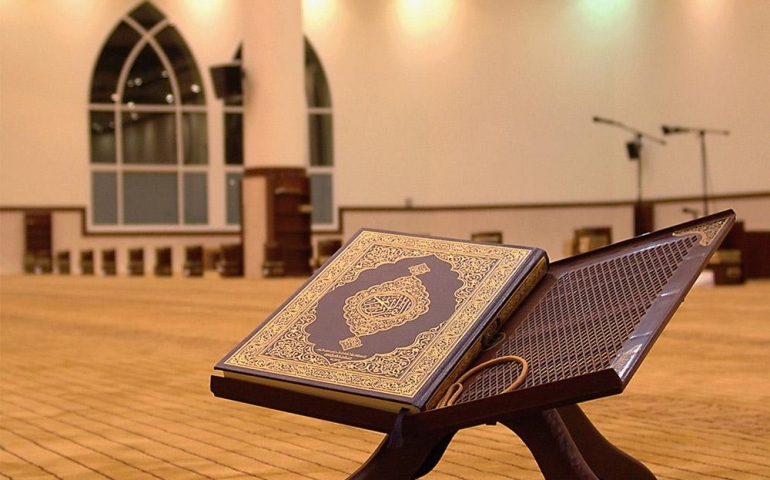By Imam Yusuf Shabbir
Ramadhan is the ninth month of the Islamic calendar, regarded by Muslims as the holiest month.
Muslims spend the entire month in fasting and spiritual reflection. This fast from dawn to sunset is one of the five pillars of Islam.
The evenings are spent enjoying family and community meals, engaging in prayer and spiritual reflection, and reading from the Qur’an.
As Muslims, it is important to understand the rationale of fasting and the purpose so as to maximise benefit from this month.
So what is the purpose of fasting? The ultimate aim of fasting is to better ourselves and as the Almighty Allah says, “so that you may achieve Taqwa”. Taqwa is often translated as God consciousness or piety or to fear God.
The underlying theme of these different meanings is that Taqwa is to ensure that a Muslim becomes a good Muslim obedient to Allah, and this is achieved through fasting and controlling the desire to eat, drink or involve oneself in sexual activities. This abstinence for thirty days should enable an individual to control himself throughout the year.
Therefore, the test for whether you have made best use of this month depends on whether you have improved your life during Ramadhan and more importantly after Ramadhan.
For example, if a person was taking drugs or had a habit of swearing before Ramadhan, and this stops in the month of Ramadhan, but continues after Ramadhan, then the purpose of fasting has not been achieved. The person has not made best use of the month of Ramadan.
So how can one ensure that he spends this month in the best way and takes maximum benefit? Just remember two points.
Firstly, abstain from sin. Secondly, think before you do or say anything, is this good or bad, and if unsure abstain. Remember this formula. You don’t have to tire yourself out to become a pious person but ensure you don’t become a means of harm or nuisance for others. This may lead to being deprived from the blessings of this month.
Along with this, ensure you remain punctual on the five obligatory prayers and try to perform them in the Masjid in Ramadhan and also after Ramadhan.
If you are a mature person, consult your local scholars and ensure that you understand the issues related to Zakah, and on the whole give in charity as much as you can especially for the victims of floods, disasters and conflicts. Remember those who are less fortunate than us.
In essence, this month should serve as a reminder to all Muslims that we are accountable to Allah for all of our actions.
Throughout this month, we should become humble and display good character and manners. Through this effort, Almighty Allah will shower his mercy and grace and enable us all to become role model Muslims for the remainder of the year.
Source: Asian Image







[New Book Release] An Expositive Treatise on the Six Fasts of Shawwal